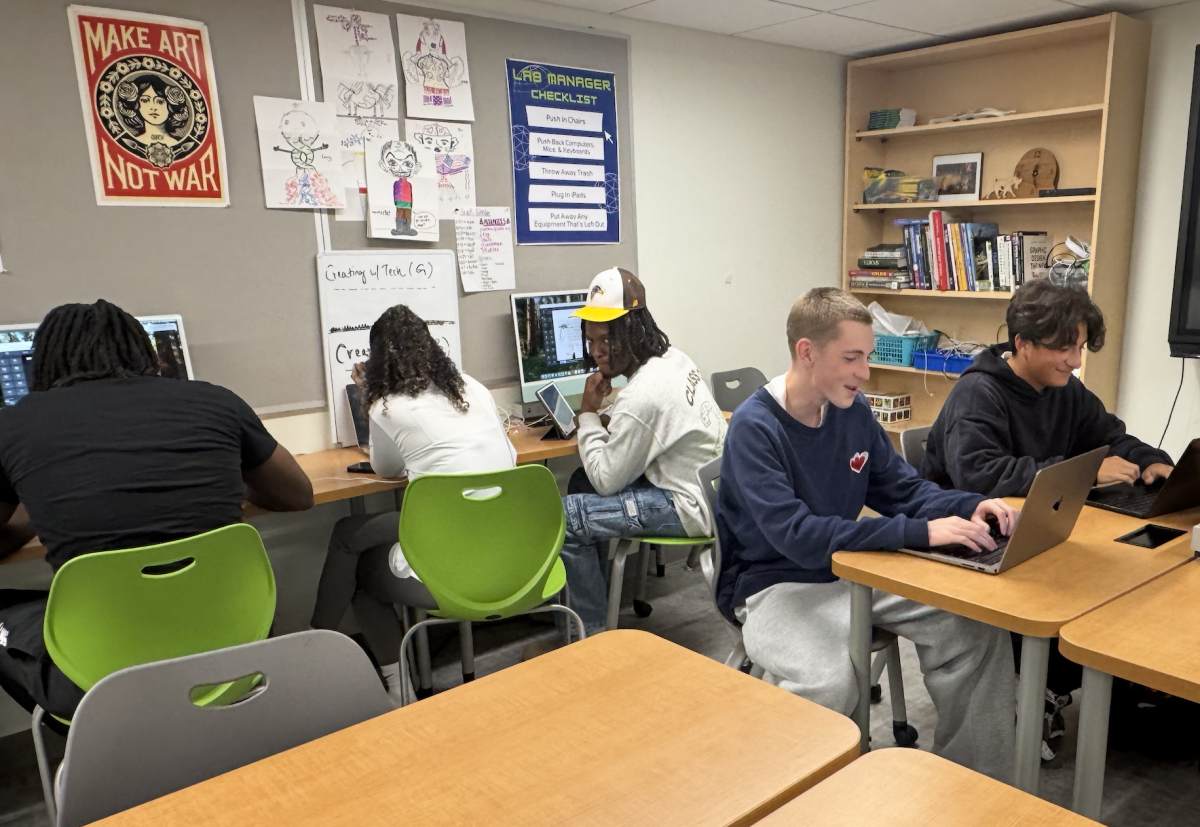According to Dr. Cindy Jakubiec, 74% of Americans are overweight or obese. The average American consumes 19 teaspoons of sugar a day on average.
In the U.S., food safety is a big issue, but many Americans don’t realize that the food they eat is way less regulated compared to other countries. The U.S. allows many chemicals and additives in food that are banned in other countries. This lack of regulation is one of the reasons why so many Americans have health problems related to their diets. Poor diet is now one of the leading causes of death in America, even more than smoking.
In the U.S., the FDA (Food and Drug Administration) and USDA (Department of Agriculture) are responsible for food safety, But these agencies approve chemicals that other countries have banned. Large food companies tend to put profit over public health. As a result, food safety standards in the U.S. are weaker than in many other countries. Many of the additives that we eat are banned in other countries, yet Americans consume almost all of their daily calories from these additives.
Here are a few chemicals used in U.S. foods that are banned in other countries:
- BHA and BHT: These preservatives are linked to cancer in animal studies and are banned in countries like Japan and the EU.
- Azodicarbonamide: Found in bread and fast-food buns, this chemical is banned in the EU and Australia because it can cause asthma.
- Propylene Glycol: This chemical, also used in antifreeze, is banned in some countries because of health concerns.
- Artificial Food Dyes: Colors like Red 40 and Yellow 5 are linked to hyperactivity in children and are banned or labeled in the EU. They’re widely used in the U.S.
The U.S. has one of the highest obesity rates in the world, with nearly 40% of adults obese. This is linked to a diet full of processed foods that often contain harmful chemicals. Many of these chemicals, like food dyes and preservatives, have been connected to health issues like obesity, heart disease, and cancer.
For example, artificial food dyes have been shown to cause behavior problems in kids, and preservatives like BHA and BHT are linked to cancer. Despite these risks, these chemicals remain in U.S. foods.
Many Americans are calling for stronger food regulations and better food labeling. Some people also choose natural, organic foods that are less likely to contain harmful chemicals, but this method is not foolproof as organic products are much more expensive.
The U.S. allows harmful chemicals in food that are banned in other countries. This is contributing to rising health problems like obesity, diabetes, and cancer. To protect public health, stricter food safety rules are needed, and consumers should be more aware of what’s in their food.






























